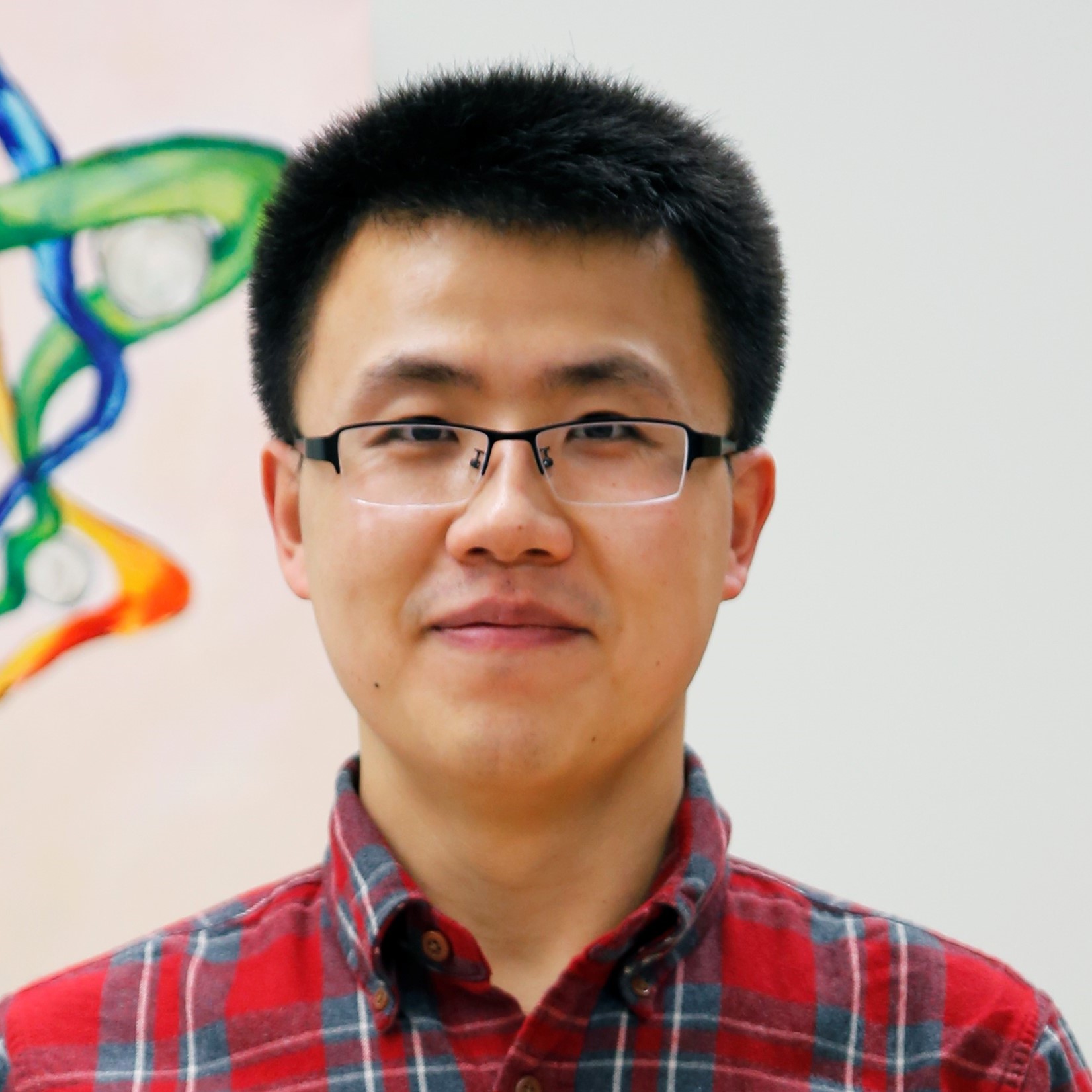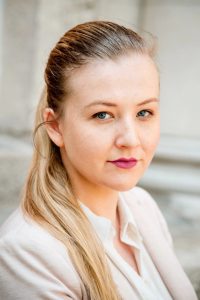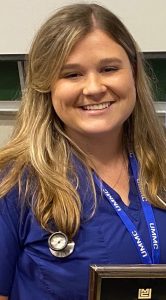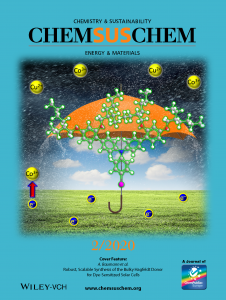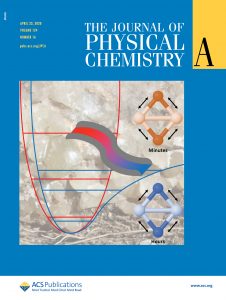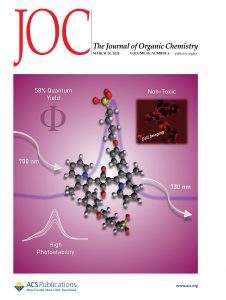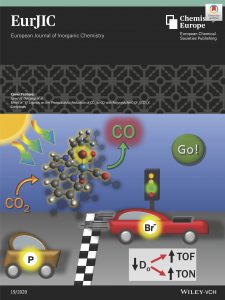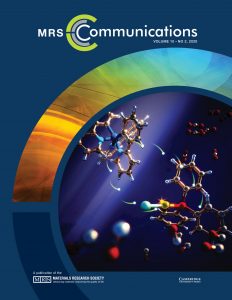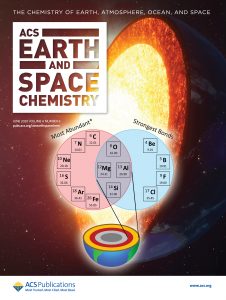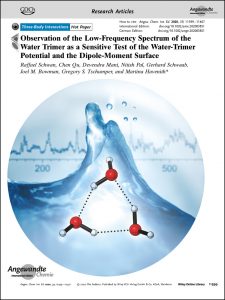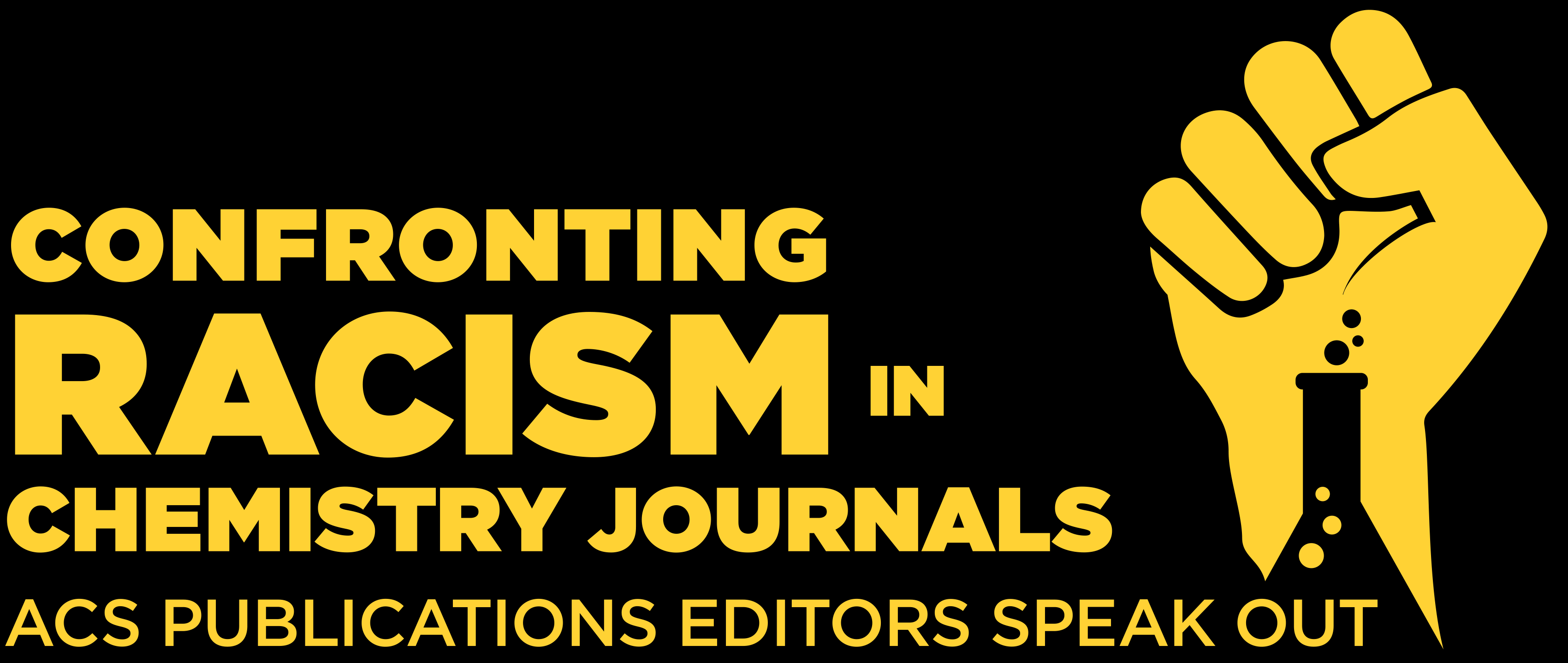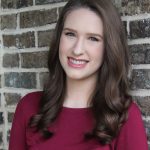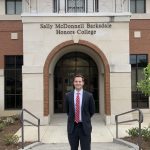PHOTO: Last month, UM students (above) participated in a round-table discussion with Mississippi Lt. Governor Delbert Hosemann (center photo) concerning the state’s response to the Covid-19 pandemic. The students were taking part in numerous online forums with local, state, national, and international leaders and researchers as part of the UM StudyUSA course Chemistry 393: Science and Public Policy.
OXFORD, Miss. – When Washington, D.C., became a COVID-19 hotspot late this spring, University of Mississippi chemistry professor Randy Wadkins decided to reimagine how he could safely facilitate engaging conversations among students, government leaders and scientists around the world during one of the most significant time periods for both science and public policy – a worldwide pandemic.
Wadkins’ Chem 393: Science and Public Policy class was originally planned as a StudyUSA course for the university’s first summer session. Students were to spend the first few weeks in class in Oxford diving into the issues and then the next week-and-a-half in Washington and Baltimore, hearing from government and health care leaders.
“The goal of the class was to help students learn more about how society and science are intertwined, but little did I know when I proposed the class last fall how even more critical this discussion would become in just a few short months,” Wadkins said.
The class was scheduled to fly to D.C. to visit congressmen and leaders at the White House, and also visit Johns Hopkins Hospital in Baltimore. Due to the outbreak, travel and on-campus classes were cancelled.
“At first, I wasn’t sure if the Zoom class would work with all of our speakers and if we could still have the same quality of discussions that we were planning in our original site visits, but it worked out better than I could have imagined,” he said.
“We would never have had the opportunity to speak with leaders from Vietnam, Australia, Mississippi and D.C. all within two weeks. Since most of the speakers were at home and social distancing, they were available and willing to speak with the students.”
During these exclusive Zoom conferences, Ole Miss students were able to hear from a variety of speakers about their institution’s or government branch’s responses to the COVID-19 crisis.
Speakers included Michael Schmoyer, from the Office of Science and Technology at the White House; Paul Roepe, co-director for infectious disease at Georgetown University Center; U.S. Rep. Steve Cohen, D-Tenn.; Mississippi Lt. Gov. Delbert Hoseman; and Lynn Spruill, Jason Shelton and Robyn Tannehill, mayors of Starkville, Tupelo and Oxford, respectively.
International speakers included Dr. Nguyen Thanh Hung, director of Children’s Hospital in Ho Chi Minh City, Vietnam, and Frances Separovic, president-elect of the Biophysical Society, from Melbourne, Australia.
Faculty members who want to find out more about how to offer similar opportunities to students in an upcoming term are invited to an online information session offered by the Ole Miss StudyUSA program at 2 p.m. Thursday (July 30).
Interested parties can email studyusa@olemiss.edu to get a Zoom link.
During the session, participants will learn more about the numerous services offered by the StudyUSA office for faculty members who are interested including resources for marketing courses, Blackboard and technical support, scholarships to offset costs for students, course development support, flexible course enrollments and more.
Brittany Ferguson, a senior forensic chemistry major from Augusta, Georgia, said she originally signed up for Wadkins’ StudyUSA course because she thought the subject material was a great fit for her major, as well as for her minor in legal studies.
“I wanted to learn more about how to apply what I’m learning in the classroom into my future profession,” Ferguson said.
“I didn’t know what to expect, but when I saw the speaker lineup, I was excited to hear from these great leaders and experts from all over the world. It was a great way to compare COVID-19 stabilization and eradication tactics taken from a variety of viewpoints and regions.”
Ferguson said a speaker who particularly stood out for her was Ashani Weeraratna, chair of biochemistry and molecular biology at Johns Hopkins Bloomberg School of Public Health.
“She talked about what problems might arise at the end of the coronavirus surge,” Ferguson said. “She also talked about her experiences as a female in a STEM career and some of the challenges she had to overcome.”
Some of Ferguson’s friends have since tested positive for coronavirus, and she feels that her participation in the class helped her to make more informed decisions about her own health.
“This was one of my more impactful classes during my time at UM, even though it was different than what I anticipated,” she said. “I feel like I now know more about the science behind this epidemic, and I can use my voice to help others.”
Jody Holland, assistant professor of public policy leadership, planned a course for May intersession that would introduce students to the emerging field of social entrepreneurship and innovation while providing an opportunity for them to learn more from leaders in this field.
His PPL 491: Leadership and Social Innovation class was slated to head to Portland, Oregon, to attend the annual Momentum Summit, a conference for mission-driven CEOs and leaders from around the country. The conference moved to an online format after the pandemic reached the U.S.
“Because the conference moved online, the access that our students had to these major leaders was unprecedented,” Holland said.
“It can be very difficult to have a one-on-one conversation with busy CEOs from national foundations and centers during a large conference, but our students had the opportunity to participate in small online break-out sessions. Leaders from were more than willing to answer their questions and participate in powerful discussions with our students.”
Students were able to build relationships and hear more in-depth discussion of problems and solutions these different organizations were experiencing, Holland said.
“When these CEOs learned that students were a part of the discussions, they really took on mentoring roles,” he said. “They shared with students more about how they working through the process at the beginning of COVID-19.
“Having face-to-face access to speakers at a large conference was a big win for this class.”
This new morphing of the StudyUSA program will bring numerous opportunities for students and faculty members in the coming months, said Laura Antonow, director of college programs in the Division of Outreach and Continuing Education.
“I’m really optimistic about this model,” she said. “I think virtual StudyUSA can be an important component of the program regardless of the COVID situation.”
By Pam Starling
